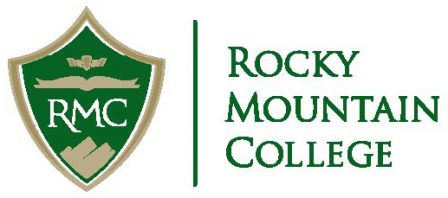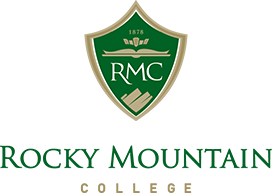Faculty FAQ
October 11, 2022 2023-12-25 14:35What is FERPA? FERPA, the Family Educational Rights and Privacy Act of 1974, is a federal law that pertains to the release of and access to educational records. The law, also known as the Buckly Amendment, applies to all schools that receive funds under an applicable program of the U.S. Department of Education. Follow this link to learn more.
To which information does FERPA apply? FERPA applies to personally identifiable information in educational records. This includes items such as the student's name, names of family members, addresses, personal identifiers such as social security numbers, and personal characteristics or other information that makes the student's identify easily traceable.
What are educational records? Educational records are all records that contain information directly related to a student and are maintained by an educational agency or institution or by a party acting on its behalf. A record means any information recorded in any way, including handwriting, print, tape, film, microfilm microfiche, and digital images.
Educational records do not include the following:
Sole possession records – records kept in the sole possession of the maker, which are used only as a personal memory aid and are not accessible or reviewed by any other person except a temporary substitute for the maker of the record;
Medical or psychological treatment records that include those maintained by physicians, psychiatrists, and psychologists;
Employment records, provided that employment is not contingent upon being a student;
Law enforcement records; and
Records collected about an individual after that person is no longer a student at RMC.
May I access confidential information about students? Access to personally identifiable information contained in educational records may be given to appropriate College administrators, faculty members, or staff members who require this access to perform their legitimate educational duties. Faculty members do not have access to student academic records unless their normal job duties specifically require access. This type of access is termed "legitimate educational interest."
How does FERPA affect letters of recommendation? Writing a letter of recommendation may require express, written permission from the student to allow you to 1) access the student's educational records and 2) disclose confidential information about the student to a third party. A faculty member may access a student's educational records without the student's express, written permission only if specific to job duties, such as the duties of an academic advisor require access to those records. However, a faculty member, or any other appropriate College official, may not disclose information from a student's educational records to a third party without express, written permission from the student. Personal observations about a student may be disclosed without the student's consent.
What information may I disclose to parents? Without the express, written permission of the student, parents, like all other third parties, may have access only to the student's directory information. If a student has restricted his or her directory information, the directory information is also considered confidential.
Does FERPA affect the return of assignments? Personally identifiable information about a student may not be disclosed without the student's express, written permission. Therefore, extreme care should be used to protect such information when returning assignments to students.
Does FERPA affect the posting of grades? College policy prohibits the disclosure of any confidential student information in a personally identifiable manner without the student's written consent. Faculty members may use student-specific, password-protected systems (such as StudentPortal and its applications) to communicate academic work grades or other confidential information to students on an individual basis. Students may also access their final course grades using StudentPortal services.
Does FERPA affect the emailing of grades? There is no guarantee of confidentiality in transmitting information electronically, particularly when it is done through the Internet. Discretion and caution should be used at all times when using email. Emailing grades to an official Rocky Mountain College email address is acceptable, while other email address use is prohibited.
How do I properly dispose of confidential information? Dispose of all material containing confidential information (such as tests, papers, class rosters) by shredding or by placing them in a receptacle intended for the collection of material to be disposed of in a secure manner.
Whom should I contact with questions or concerns? Direct general questions to the Office of Student Records.
Contact
Office of Student Records
Rocky Mountain College
Eaton Hall
1511 Poly Drive
Billings, MT 59102
- (406) 657-1030
- (406) 657-1169
- StudentRecords@rocky.edu


